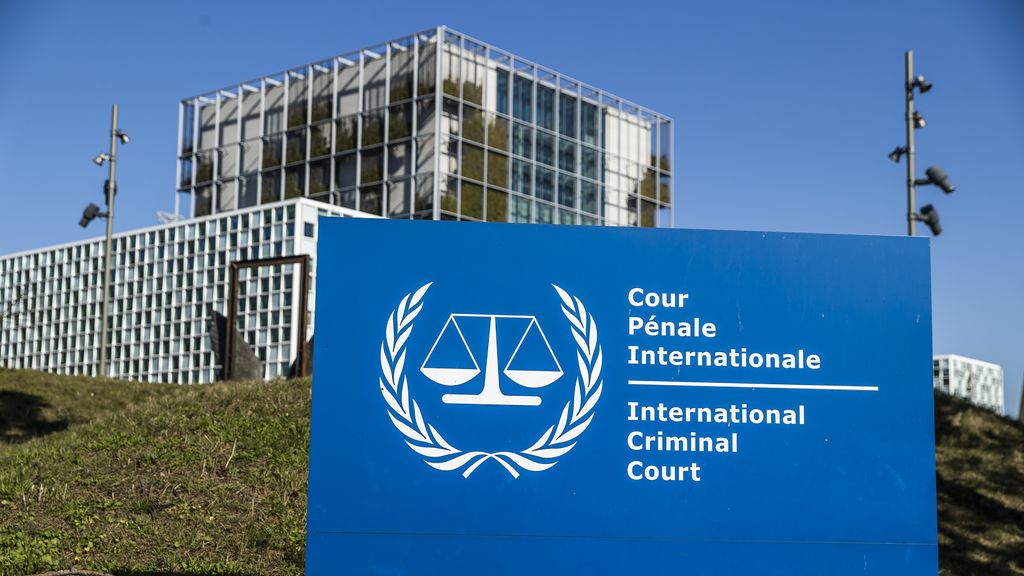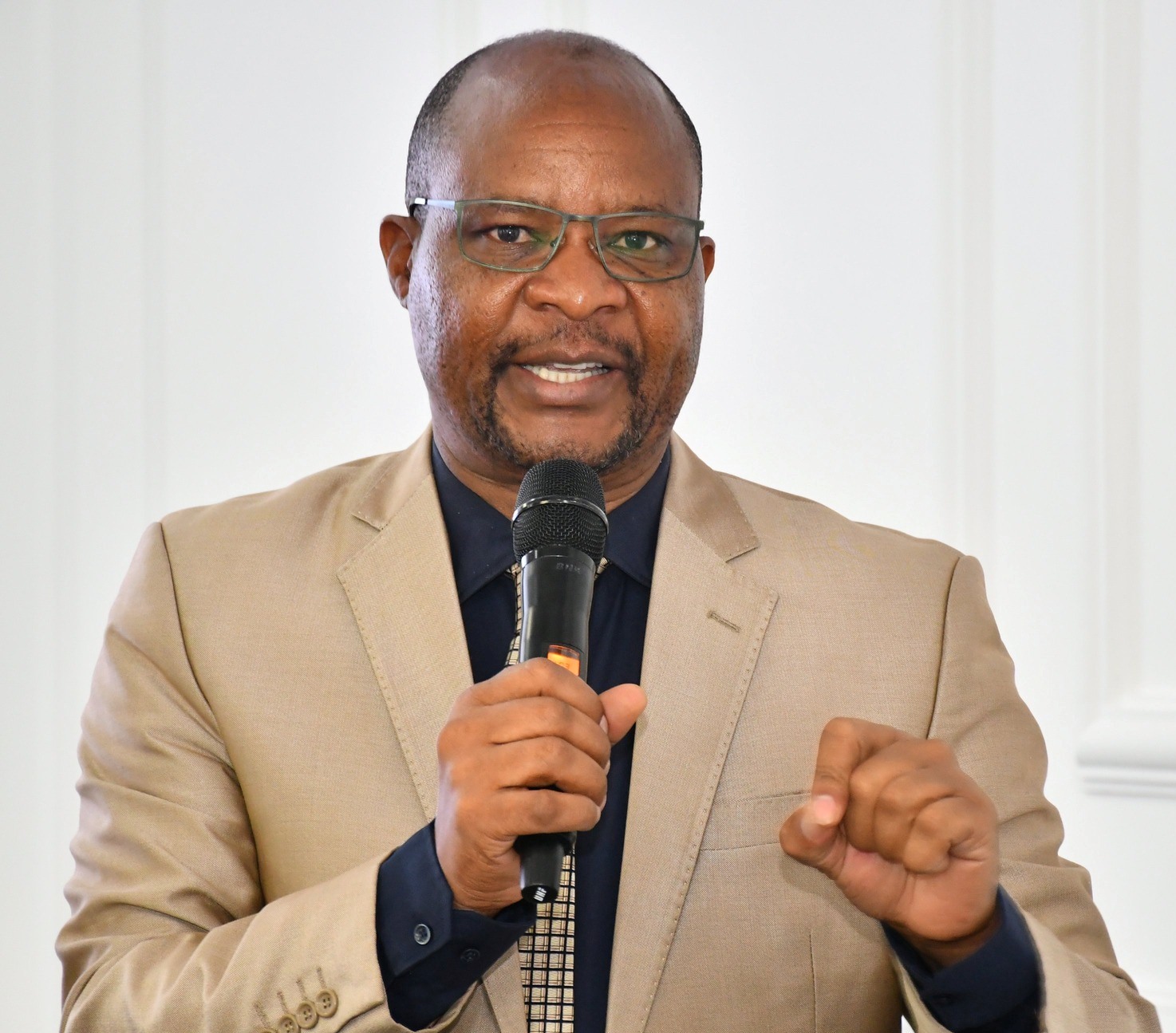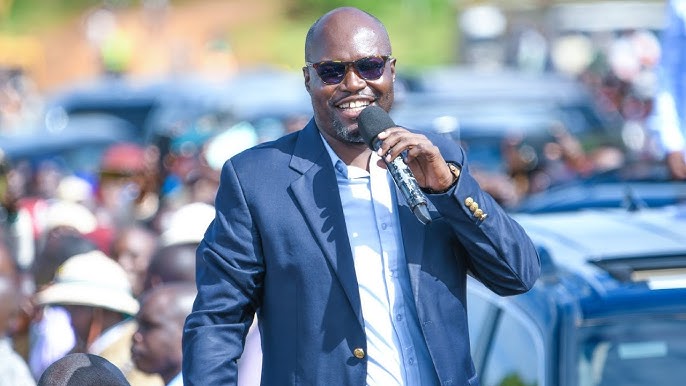Since the Gen Z protests that began in mid-2024, over 115 Kenyans have been killed during demonstrations. Another 55 have disappeared, with thousands more nursing injuries. The scale, duration, and intensity of the violence directed at protestors, largely youth, paints a grim picture of a state unwilling or unable to restrain its security apparatus.
The police crackdown, directed in some cases by orders from the highest offices, has included shoot-to-kill commands, arbitrary arrests, use of unmarked vehicles by masked individuals, and outright murder.
Notably, during the July 7th (Saba Saba) commemorations, 32 people were gunned down by what were clearly state-linked forces operating with near impunity. It is no exaggeration to state that elements within the state have responded to citizen dissent in a fashion that may meet the legal threshold of crimes against humanity, as defined by both Kenya’s International Crimes Act and the Rome Statute.
President Ruto chairs the National Security Council (NSC), the apex organ charged with oversight of all security agencies in the country. The council is constitutionally mandated not only to respond to threats, but to do so while upholding human rights, the Constitution, and the rule of law. In law and logic, the buck stops at the President’s desk.
The President’s own utterances, including his now infamous directive to “shoot and break the legs” of demonstrators, are troubling and legally significant. Such statements cannot be brushed aside as mere political hyperbole; they carry real-world consequences. When the Commander-in-Chief speaks, the security forces act.
Yes, Kenya’s obligations under the International Crimes Act provide for ICC cooperation. Yes, our ratification of the Rome Statute in 2005 makes President Ruto and other senior officials liable for prosecution should they be found to have committed or facilitated crimes against humanity. And yes, there is growing international concern over the deteriorating state of human rights and security in the country.
But the more important question is this: Should Kenya always need The Hague to uphold justice?
The ICC is a last resort, a court of complementarity that only intervenes where local judicial mechanisms are unwilling or unable to act. By even entertaining the possibility of international legal action against our Head of State, we tacitly admit our domestic institutions are broken or compromised. This should concern us more than the threat of external intervention.
To avoid another humiliating chapter at the ICC, Kenya must urgently repair its national systems of accountability, and this includes:
- Reforming and Empowering IPOA: The Independent Policing Oversight Authority has largely lost public confidence. It must be restructured to act independently, promptly, and fearlessly. No sacred cows.
- Holding Commanders Accountable: The Inspector General of Police and his deputies must account for the actions of their officers. No junior police officer should bear the full burden of state violence alone.
- Transparent Investigations: Each incident of police brutality, disappearance, or death must be subjected to independent and open investigations, not state-friendly whitewashing.
- Ending Political Incitement: Cabinet Secretaries and political operatives who incite or direct violence must be removed from office and subjected to the law.
- Restoring Constitutional Order: The right to protest is enshrined in Article 37 of the Constitution. That right cannot be suspended by executive decree or Cabinet directive. Police officers must be retrained to facilitate, not suppress, peaceful protests.
We have been here before. The spectre of the ICC should serve as a grim reminder of what happens when our institutions fail to deliver justice. But rather than waiting for The Hague to come knocking, we must clean our own house. It is both a matter of sovereignty and dignity.
President Ruto campaigned on a platform of justice, the rule of law, and police reform. Now is the time for him to honour those promises, not by clamping down on youth demanding better governance, but by listening, acting with compassion, and restoring public trust in the office he holds.
Kenyans must also demand more from Parliament, the Judiciary, and oversight bodies. The culture of impunity must end, not because the ICC is watching, but because our Constitution commands it, and our people deserve it.
Only by enforcing justice from within can we avoid the shame and division of yet another ICC spectacle. Let Kenya chart a different path. A better path. A lawful path.
[/full]





